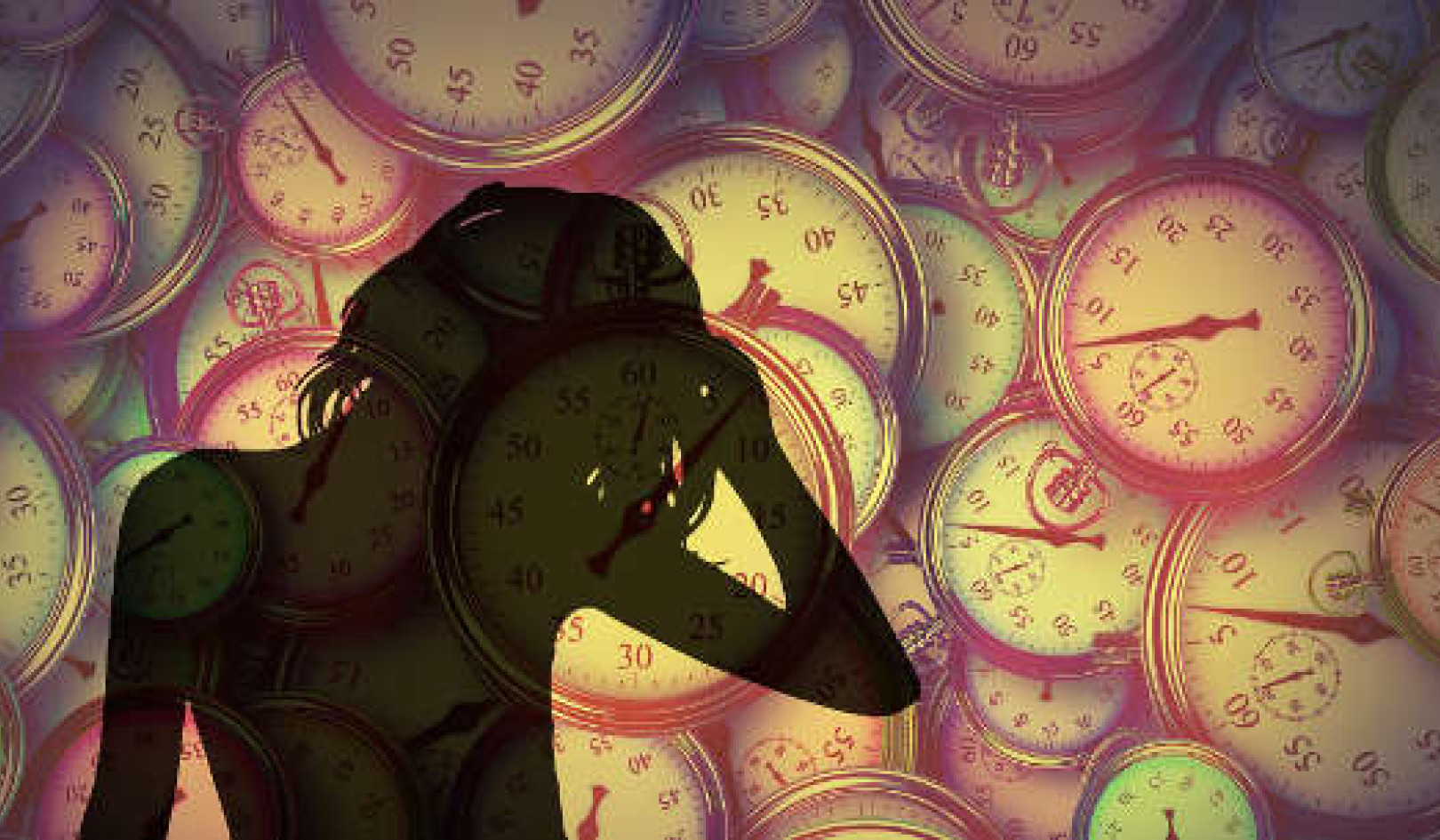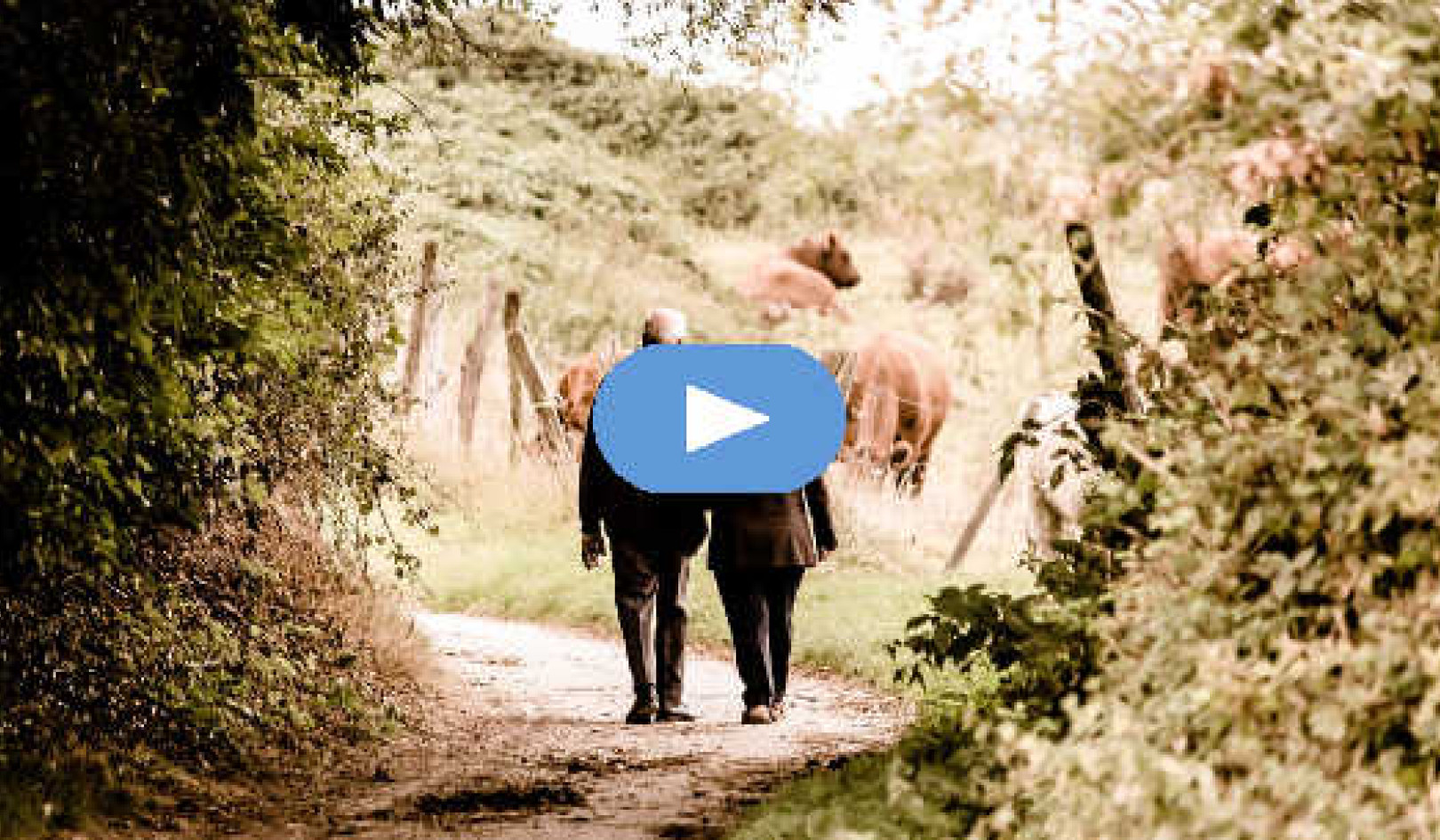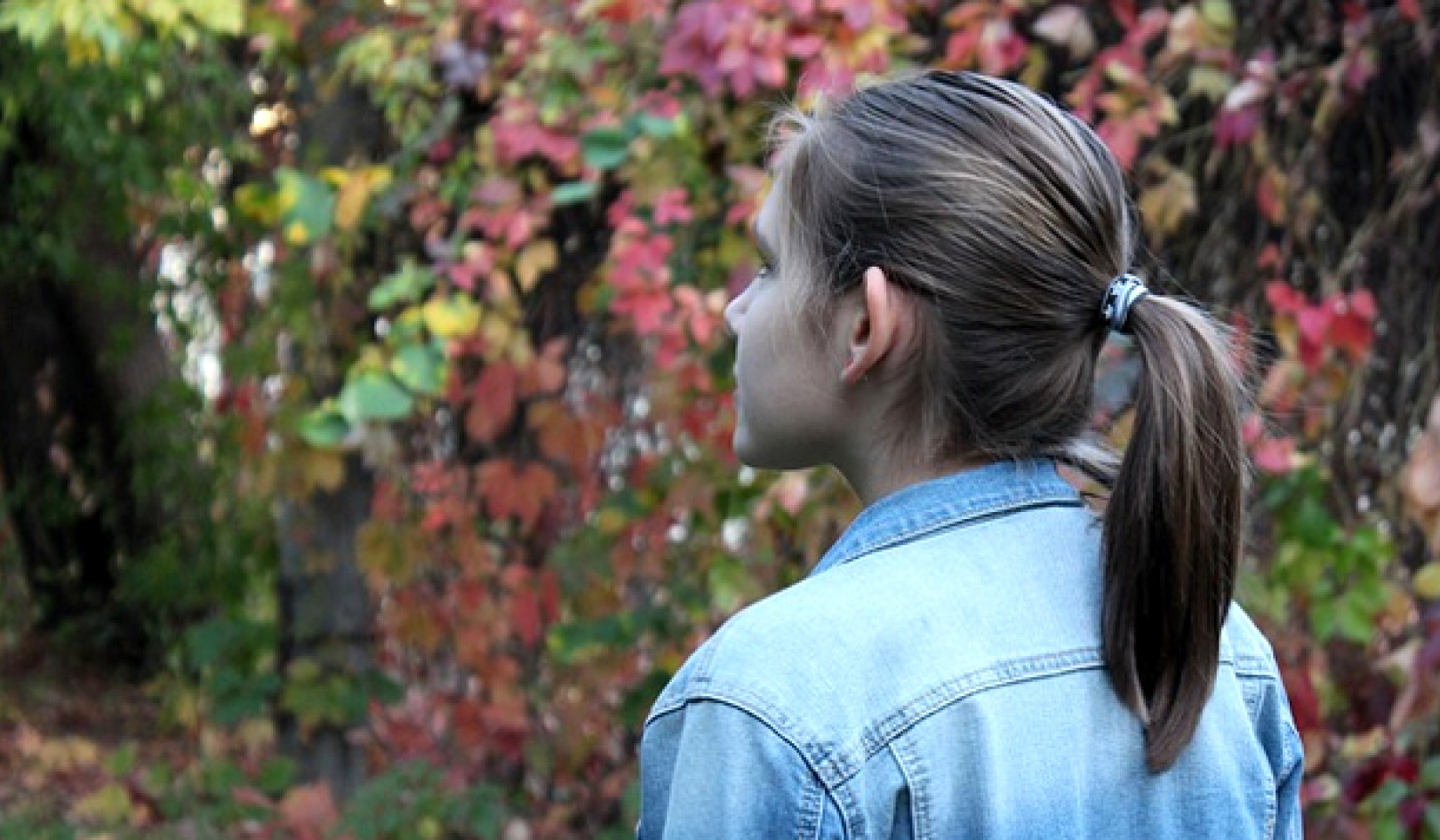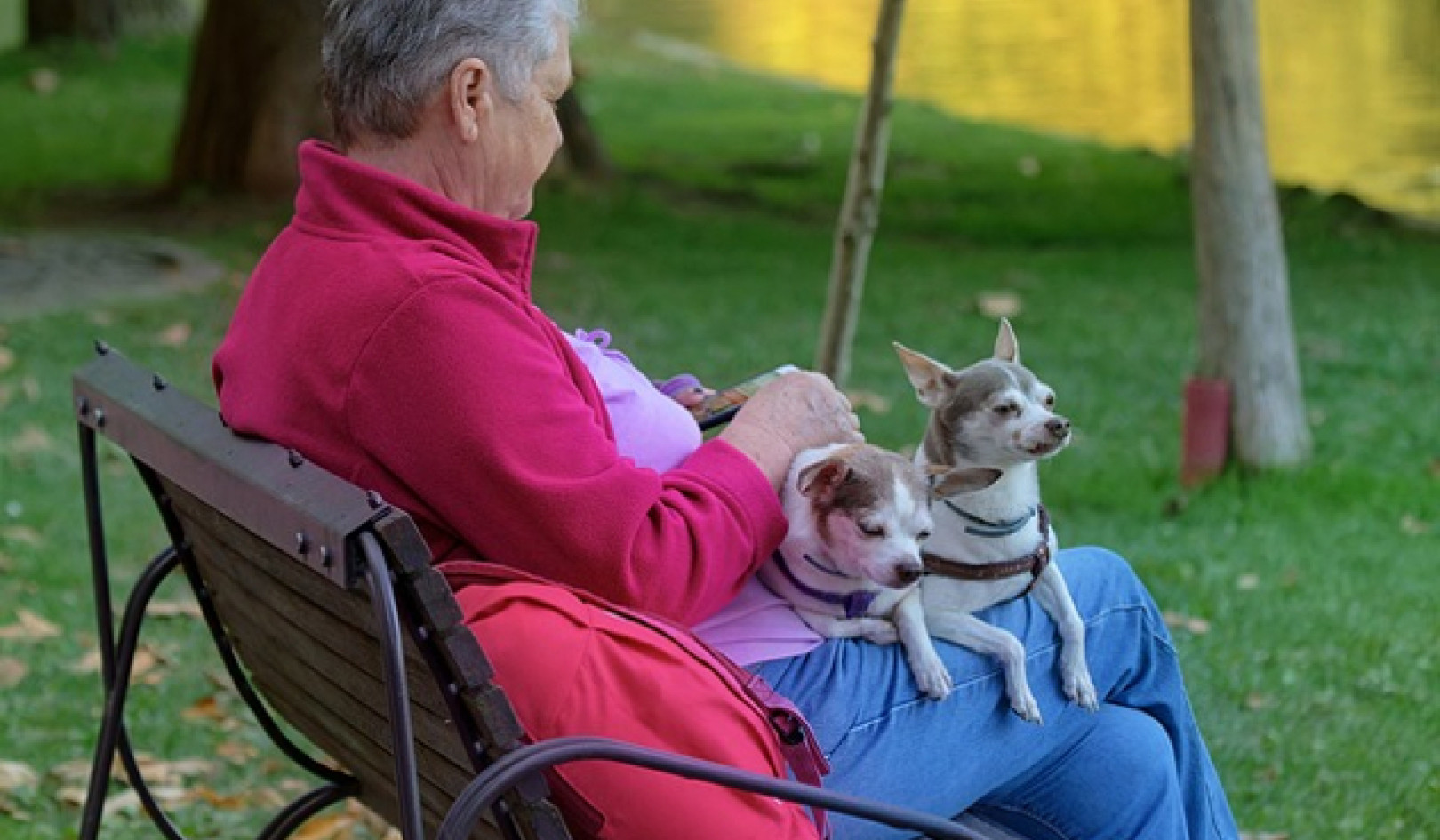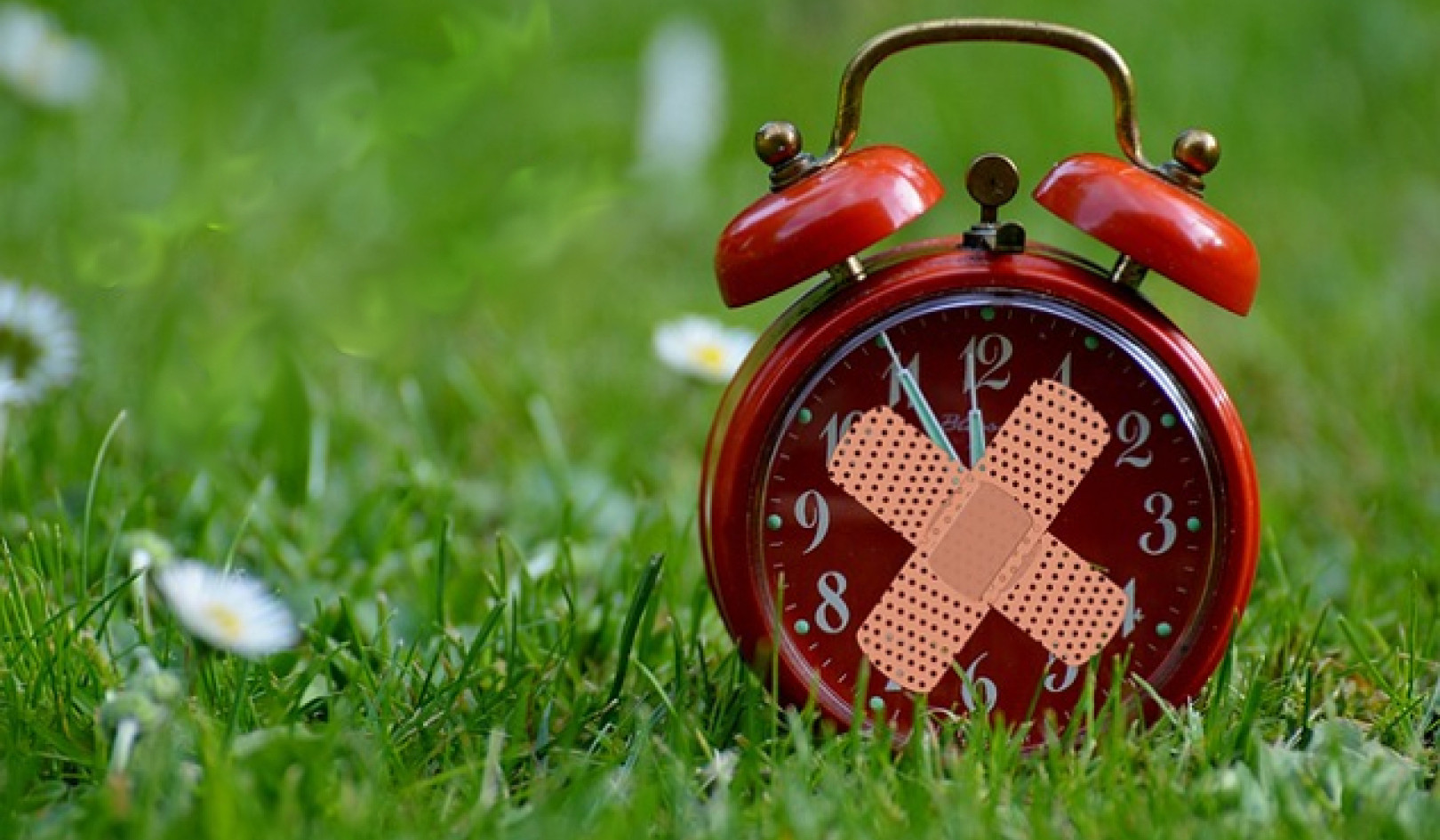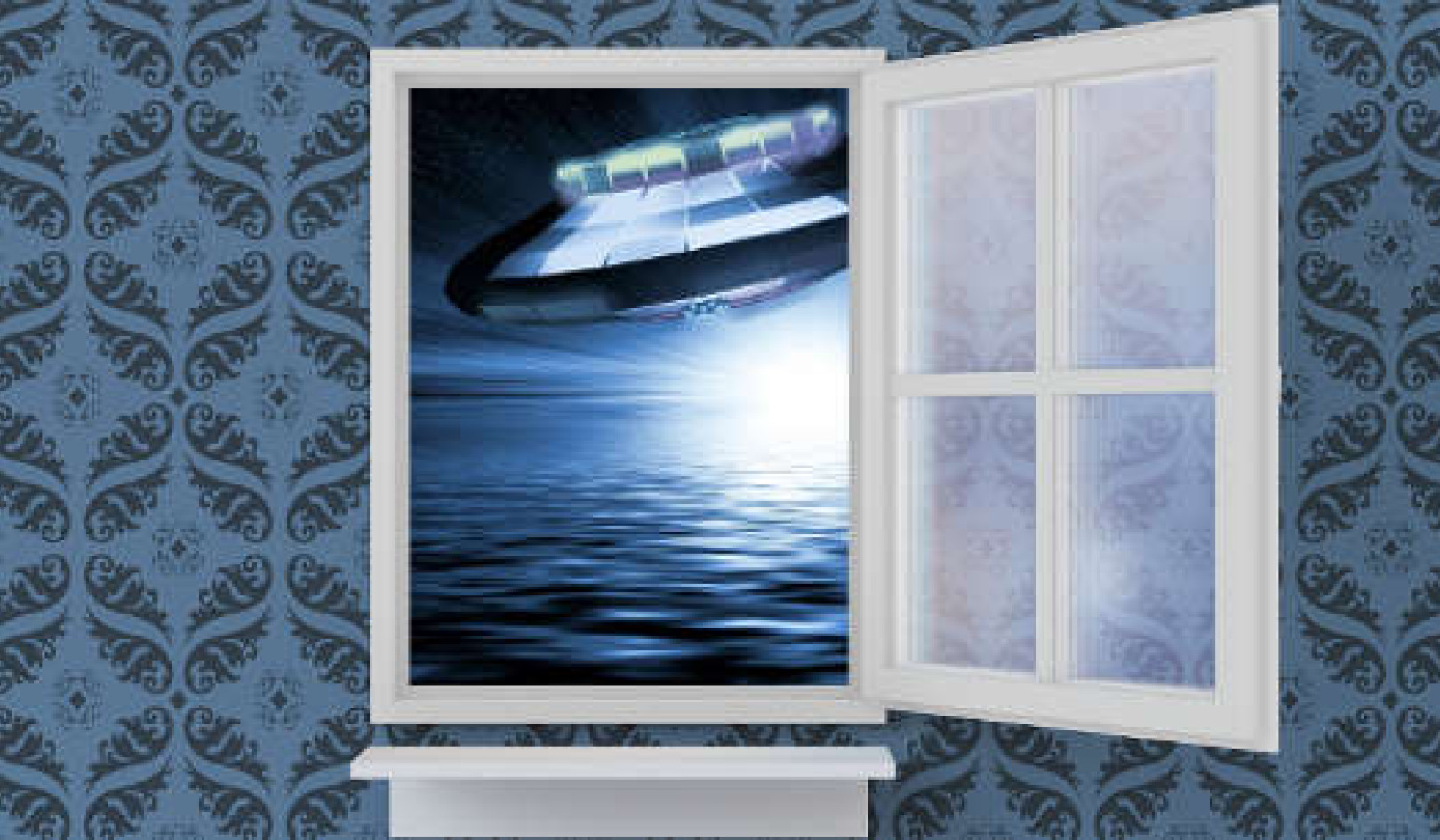
Seeing ourselves in proportion, as one among many, softens our boundaries and makes us more susceptible to a deeper knowing. Most of us try to feel superior at times by comparing ourselves with someone who, either in character, profession, or knowledge, we judge to be less than us.
Comparison is one of the ways the ego solidifies itself — either by making us feel special or small, which are two sides of the same coin. Thomas Jefferson captured this in one succinct sentence:
Remember that no one is better than you, but that you are better than no one.
Of course, any healthy ego enjoys being valued, praised, given unsolicited special treatment, looked up to in some way. We don’t have to be narcissists to enjoy feeling special. The trouble comes when we identify with the praise, with our eminent position or knowledge — when we begin to believe that the shiny image is who we are and that we deserve special regard or treatment because of it. Then the warm feeling of being appreciated becomes grandiosity.
There’s something entirely beautiful and appropriate about polishing a talent or skill. There’s something truly gratifying about doing anything well. Civilization owes a great debt to all those who have been willing to dedicate their lives to a talent or cause that has raised the bar of what it means to be human. Nelson Mandela, Rosa Parks, the Dalai Lama, Yo Yo Ma, Beethoven, Tolstoy, Emily Dickinson, Pablo Neruda, Marie Curie — the list of exceptional individuals is endless. People like this are indeed special.
They were given a gift from the gods and it would be easy, forgivable, even, for it to go to their heads, but there are some who possess great skill without taking it personally. They have worked and given their lives to a talent or a cause, but they know that the creative or spiritual power for which they have served as a conduit is not theirs to claim. Many of these individuals know what most of us do not: that the more you know, the more you realize how little you know; the more you give yourself to a discipline, the more you realize how little of the road you have traveled.
In 1913, just six years before the end of his long life, Pierre-Auguste Renoir, the great French Impressionist painter, said, “I am just learning to paint.”
Trying to be Humble?
Yet you can’t try to experience humility, because humility is an authentic quality of being that cannot be imitated by the ego. You can’t try to live as if you know you are no more or less than anyone else.
Most of us have to be humbled, brought to our knees by the trials of life. The struggles call us to surrender our positions, our ideas of who we are and how life was meant to be.
Humility emerges when life returns us to our proportionate place in the scheme of things; when we are willing and able to witness ourselves without blame or judgment as we really are, warts and all; or because by grace we are grounded in a dimension of our humanity that is already below the surface of our story.
The Need to Feel Special
It’s not easy to know humility as long as we believe our own story. If we are only our story, our image, we need to feel special in order to feel substantial; because deep down we know we have no ground. Something in us knows that the identity we create to move through the world is always and only ever provisional, not just because we die but also because we can intuit that it has no solid foundation throughout our lifetime.
For all its valuable executive powers, the ego identity is only more or less useful in helping us make our way in the world. Of course it has value: we all need a story to live in this world. We all need to be someone to fill out a job application.
But if we are lucky, the time will come when life will turn us upside down and all our precious coins will fall out of our pockets. If you practice Zen, the same might happen if you sit in front of a white wall for a day or for ten years, when your whole house of cards suddenly falls to the ground and you recognize the shimmering silence that you are and always were. Or you look in the mirror one day while you are brushing your teeth and suddenly see through all your joy and sorrow to the one who is looking, the stillness in the midst of the big wind of your life.
Surrendering The Need to Be a Hero
In the hero’s journey, the time must come when the hero encounters so great a pressure, inside or out, that something has to give. He or she is the one who has to give — give up the very notion of being a hero on a journey, and fall face-down onto the earth. There is never any guarantee of a happy ending, and because this is so, a door might swing open that we never even knew was there.
Experiences such as surrender, acceptance, and allowing will never work as strategies. You can’t fake it, just as you can’t pretend not to feel special, as the rabbis in the following story show us all too clearly.
There is an old Jewish story of two rabbis walking through the synagogue, when they spot the cleaner mumbling to himself. They could just catch his words: “Adonai, have mercy, for I am no one, not even a speck in your eye.” One rabbi leaned into the other and in a tone of disdain, said in his ear, “Look who thinks he is nobody.”
The rabbis felt superior to the cleaner. After all, they were rabbis. What could the cleaner know about the spiritual virtue of humility? Or at a deeper level, beyond the virtue of humility, how could a mere cleaner see through his ego’s story to the luminous silence that is everywhere? Because this is what being nobody really means: living without a central operating system with your name tag on it.
The ego can twist itself into any shape it likes and believe it is being authentic. We can even turn being nobody special into a spiritual costume that the ego slips into when no one is looking.
Yet you can be willing to watch the ego at work, to notice what it feels like when you compare yourself, placing yourself above or below someone. Eventually, one day or moment — who knows why? — the heart door will spring open and there you are in another land; there you are, a curl of mist on the wind.
What The Ego Fears Most
To be as mysterious and ungraspable as a curl of mist on the wind — that is exactly what the ego is frightened of. It doesn’t want to be a curl of mist on the wind; it wants to feel its own gravitas, its own authority and power to act. That’s what it struggles for, and the struggle itself gives it a feeling of existence.
Take the struggle away, and who or what would our identity be? Suffering makes up a large part of most people’s identity, which is one reason it is difficult to give up. After all, if we give up the struggle to become someone, who will we be? What will we be?
The truth is that the ego never has an answer to any question or paradox that really matters. The only answer is to surrender.
What we surrender to is the vivid aliveness that is already there behind all we think we know, behind all the arguments and reasons we have for everything. And we fall back into the clarity of that unknowing by surrendering to the present moment, to what is already happening, inside and out. Just as it is in this moment.
It’s both impossible and simple — we just need the presence of mind to unhook ourselves from the story we are making up about the present moment and let it be what it is.
©2016 by Roger Housden. Used with permission of
New World Library, Novato, CA. www.newworldlibrary.com
Article Source
 Dropping the Struggle: Seven Ways to Love the Life You Have
Dropping the Struggle: Seven Ways to Love the Life You Have
by Roger Housden.
Click here for more info and/or to order this book.
About the Author
 Roger Housden is the author of over twenty books, including the bestselling Ten Poems series. His writing has been featured in many publications, including the New York Times, the Los Angeles Times, and O: The Oprah Magazine. A native of England, he lives in Marin County, California, and teaches around the world. Visit his website at rogerhousden.com
Roger Housden is the author of over twenty books, including the bestselling Ten Poems series. His writing has been featured in many publications, including the New York Times, the Los Angeles Times, and O: The Oprah Magazine. A native of England, he lives in Marin County, California, and teaches around the world. Visit his website at rogerhousden.com






















